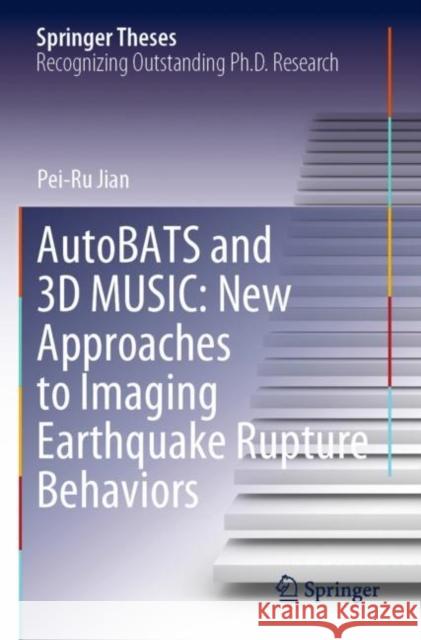Autobats and 3D Music: New Approaches to Imaging Earthquake Rupture Behaviors » książka
Autobats and 3D Music: New Approaches to Imaging Earthquake Rupture Behaviors
ISBN-13: 9789811655869 / Angielski / Miękka / 2022
This book presents the kinematic earthquake rupture studies from moment tenor to spatial-temporal rupture imaging. For real-time seismic hazard monitoring, the new stable automatic moment tensor (AutoBATS) algorithm is developed and implemented for the real-time MT reports by the Taiwan Earthquake Science Information System (TESIS). In order to understand the rupture behavior of the 2013 Mw 8.3 Okhotsk deep earthquake sequence, the 3D MUltiple SIgnal Classification Back Projection (MUSIC BP) with P and pP phases is applied. The combined P- and pP-wave BP imaging of the mainshock shows two stages of anti-parallel ruptures along two depths separating for about 10~15 km. Unusual super-shear ruptures are observed through the 3D BP images of two Mw 6.7 aftershocks. In last two chapters, the 3D BP imaging reveals similar rupture properties of two shallow catastrophic earthquakes (Mw=6.4) in southwestern Taiwan. Both the 2010 Jiashian and 2016 Meinong earthquakes ruptured westward with similar velocity of ~2.5 km/s along a NE-ward shallow dipping blind fault. The rupture similarities of the doublet suggest two parallel elongate asperities along the causative fault. After several decades of seismic quiescence, the 2010 Jiashian event initiated the rupture at the deeper asperity and triggered the shallower asperity which caused catastrophes six years later.











